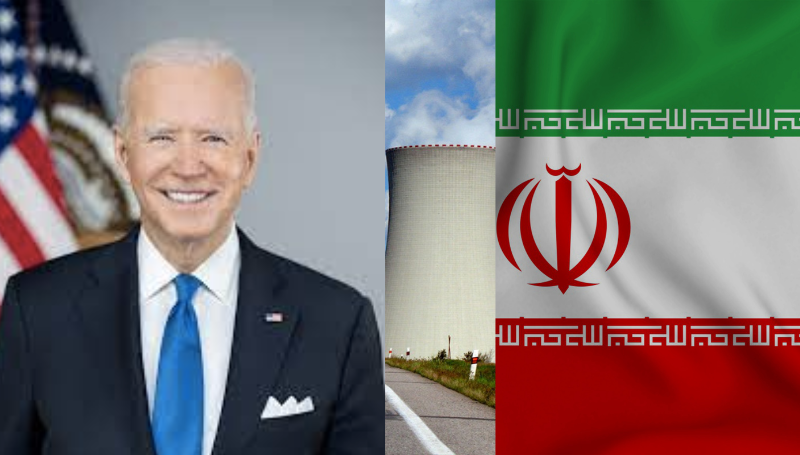Aaron MacLean
Ronald Reagan Presidential Foundation & Institute, no date
“It is certainly tempting to argue that the Middle East, from the American strategic perspective, does not or ought not exist. The region is the scene of a generational strategic failure of American statesmen and the American foreign policy elite of both parties.”
Michael Singh’s piece on the evolving consensus regarding America’s Middle East policy says many important and also many true things, in particular regarding his focus on how the region is inseparable from conflicts in Europe and potential conflicts in Asia. His closing observation that “U.S. military facilities in the Gulf are closer to Taiwan than is the U.S. base at Pearl Harbor-Hickam” belongs to a family of observations no less critical for being such plain facts.
Understanding the region in the context of great power competition is a necessary analytic exercise, but it comes with built-in risks. We might identify, as Singh does, important points of consensus regarding the role the region plays with regard to China and Russia, but we should be careful not to elide significant points of disagreement regarding Middle East policy—or flirt with the notion that the region on some level does not really exist. (In the words of Singh’s piece, “…any future conflict is unlikely to respect either our bureaucratic siloes or preexisting notions of the world’s regional divisions.”)
Those who live in the region certainly see themselves as locked in contests waged primarily with their neighbors, and they look to external powers asking not only what they can do for us, but also what we can do for them. Local players’ willingness to serve as instruments of the American interest trans-regionally is tied to our willingness to advance their interests at home. We de-emphasize that truism at our own peril. … [To read the full article, click here]


